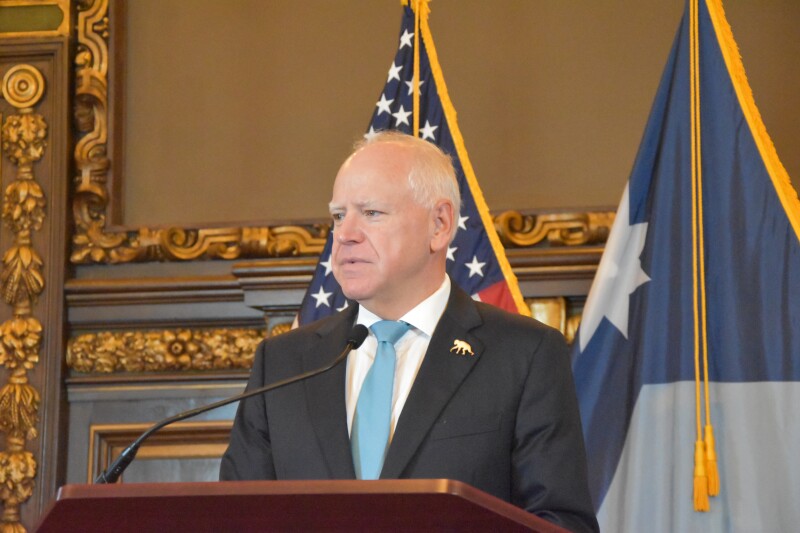Hasan Piker, a prominent streamer and political commentator, has ignited discussions regarding media literacy and political ideology through his self-described leftist Marxist views. Once a host for The Young Turks, Piker now boasts over 3 million subscribers on Twitch and 1.75 million on YouTube, where he engages audiences by addressing misinformation and promoting media literacy.
Piker emphasizes his mission to help his audience navigate the complexities of current events. He states, “A big part of what I do, especially in this age on the internet, is sift through the misinformation. So I go through all of that in real time and try to instill some sense of media literacy in the audience.” This assertion raises questions about the depth of his understanding of the ideologies he promotes, particularly concerning Marxism.
Examining Marxism through Piker’s lens reveals a simplistic interpretation that’s often criticized. In a recent video, he outlined his understanding of Marxism, which incorporates the Labor Theory of Value (LTV) and the Theory of Surplus Value (TSV). Critics argue that classical Marxism relies on flawed economic foundations, and many contemporary scholars have developed more nuanced versions of Marxism. Piker’s adherence to these original theories has led to skepticism about his intellectual rigor in guiding his followers.
Piker’s engagement with the Israel-Palestine conflict further illustrates this point. The conflict is notorious for its complexity, yet public discourse frequently simplifies it into binary positions. Piker’s perspectives, often positioned on one extreme, lack the nuance necessary for meaningful discussion. He has faced backlash for statements regarding the October 7, 2023, attacks, where he denied the occurrence of mass rapes committed by Hamas, asserting, “There was no evidence for this whatsoever.”
This claim has attracted widespread criticism, as numerous credible reports have documented instances of sexual violence during the attacks. Piker’s insistence on stringent evidence requirements raises concerns about his approach to acknowledging systematic wrongdoing. Critics argue that this mindset not only undermines the experiences of victims but also reflects a broader tendency among influencers to oversimplify complex issues.
In the context of the Israel-Palestine conflict, opinions often polarize around extreme narratives. On one side, Israel is portrayed as a victim defending itself against terrorism, while on the other, Palestinians are depicted as oppressed victims of imperialist ambitions. This polarization can dissuade individuals from exploring the multifaceted realities on the ground, ultimately hindering constructive dialogue.
Piker’s approach to complex issues highlights a critical need for enhanced media literacy. As he influences millions, the potential for misunderstanding and misrepresentation of critical events grows. The challenge lies not only in the content he delivers but also in the responsibility he carries as a prominent figure in shaping public discourse.
Amid the ongoing debates about the effectiveness of media literacy education, Piker’s case exemplifies the necessity for deeper engagement with political ideologies. As audiences increasingly turn to influencers for guidance, it becomes imperative that these figures present well-rounded perspectives, fostering a healthier discourse around contentious issues.
As discussions continue surrounding the implications of Piker’s views, the call for improved media literacy and critical thinking skills remains urgent. The responsibility lies with both influencers and audiences to engage thoughtfully with the complexities of today’s world.







